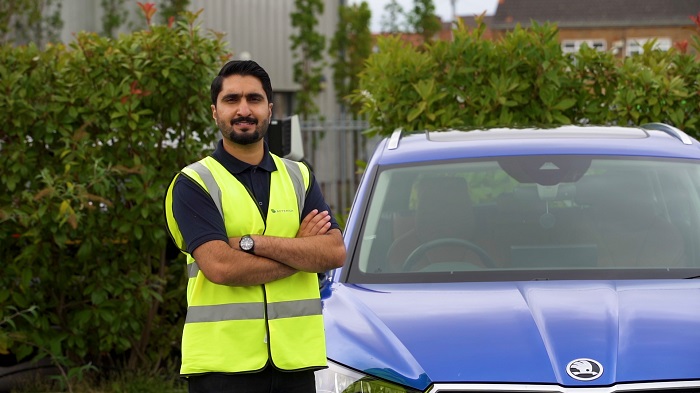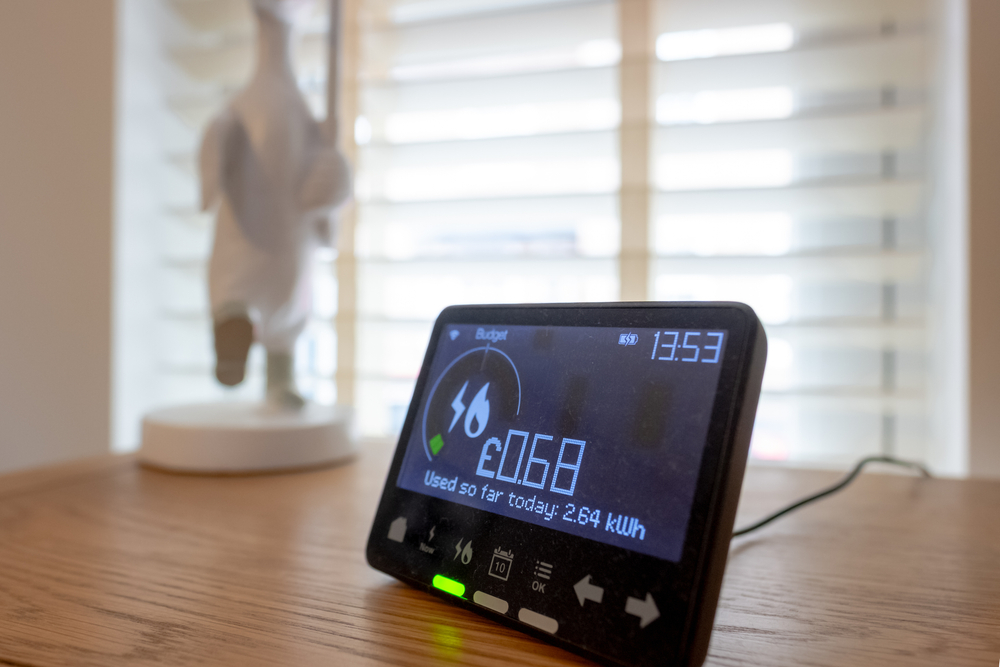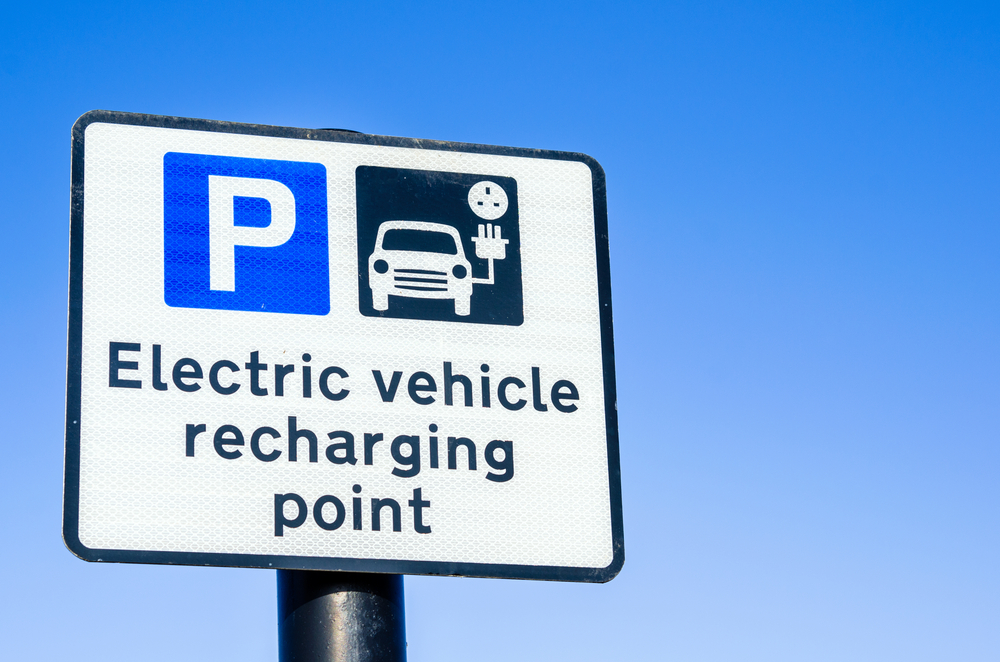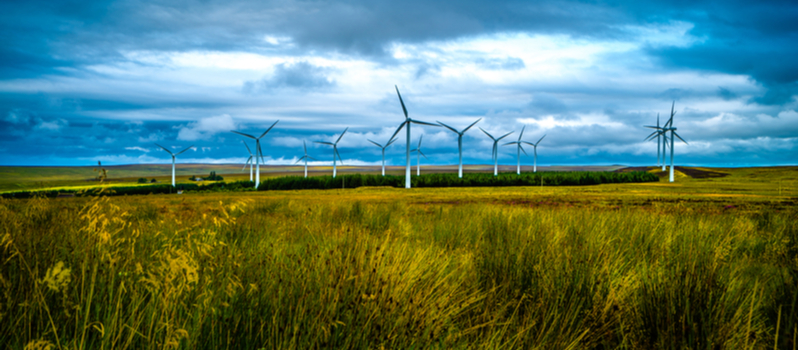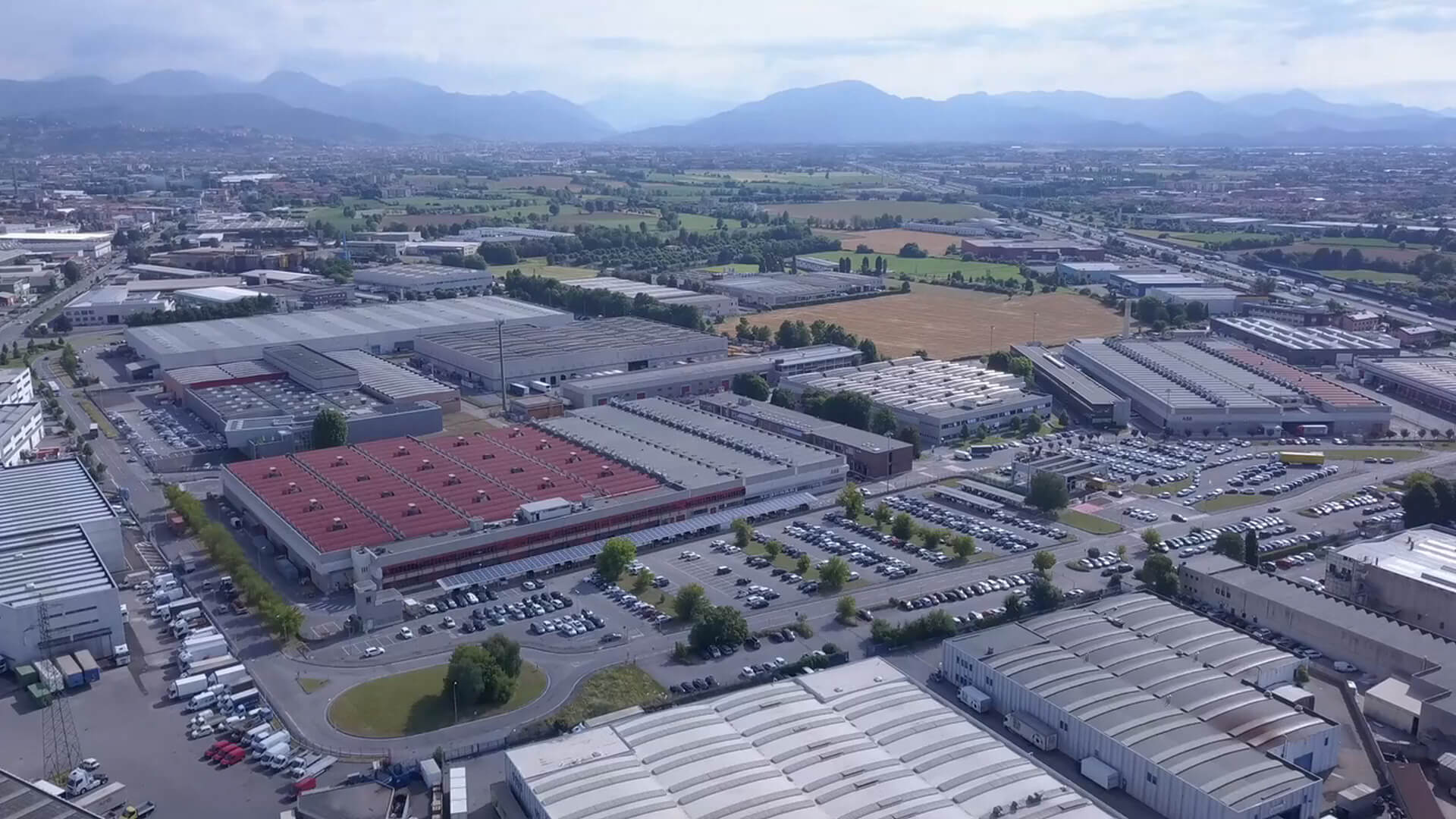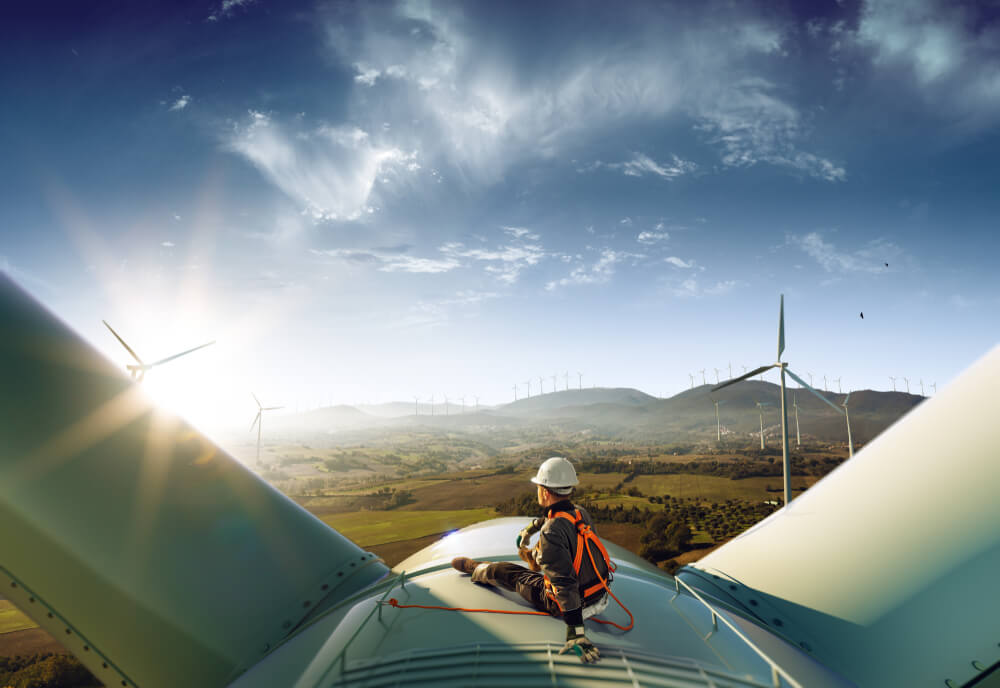What next after COP26?
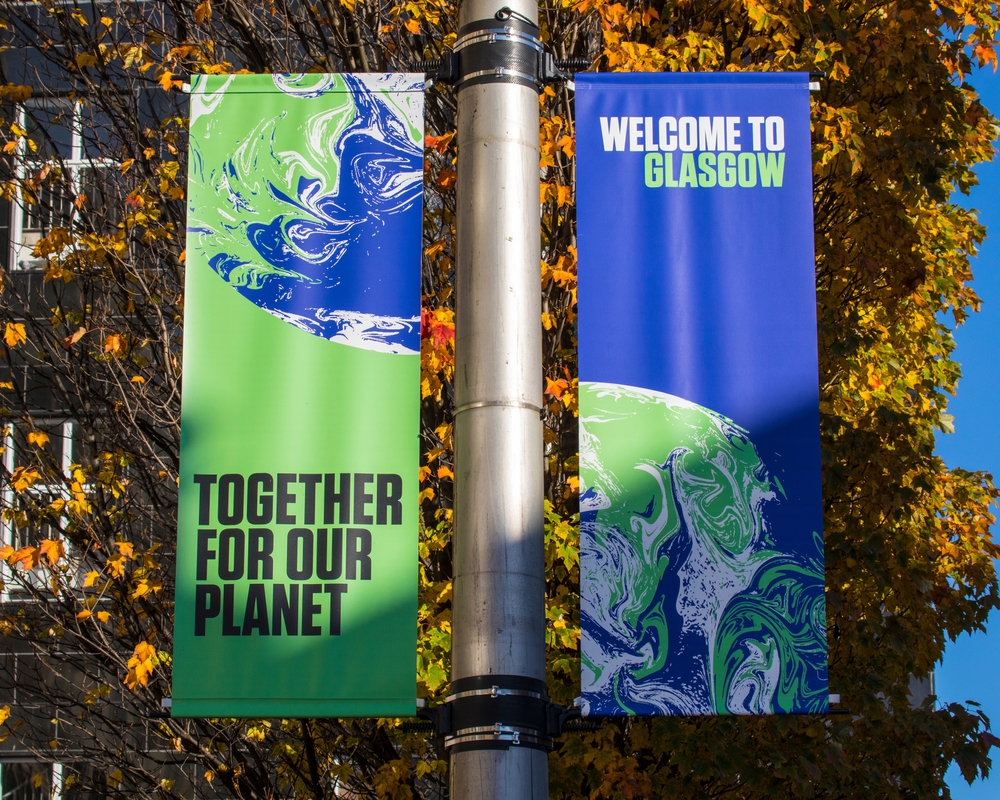
ECA’s Energy & Emerging Technologies Solutions Advisor Luke Osborne outlines the low carbon opportunities after the CO26 climate conference in Glasgow…
Just over two weeks ago, leaders from over 200 countries, businesses, and NGOs confirmed their commitments to cut carbon emissions and mitigate the increasingly apparent effects of climate change.
But what happens now everyone has gone home? As Alan Wilson, Managing Director of Scottish electrical contractors’ body SELECT put it, “we mustn’t have COP26, and then say, ‘Wasn’t that jolly good?’ and all go back to our day jobs as if nothing has changed.”
Turning words into action
Electrotechnical engineers are remarkably well placed to help deliver a net zero carbon UK by 2050. Currently, viable electrical engineering solutions range from solar PV to superfast EV chargers, active energy saving measures, heat pump systems and a more efficient energy grid powered by renewables and battery storage.
Improved electrical engineering solutions, and wider scope for their application, lay ahead. However, significant upskilling will be needed to ensure the effective design and installation of the latest active technologies and systems.
Carbon reduction opportunities for electrical and other engineering services businesses exists across UK infrastructure, the commercial and public sector, as well as the domestic sector.
The Government’s Green Jobs Task Force has estimated that, on top of the environmental benefits, by 2050, the domestic smart systems market alone could be worth £1.3 billion to GDP and support 10,000 jobs.
ECA has already successfully nominated three Net Zero Business Champions since the CLC initiative was launched earlier this year: Imtech, SES Engineering Services, and EFT Consult. You can read their stories in the case studies linked below:
These opportunities will involve extensive new building and RMI, and there is an enormous amount to accomplish in an ever-shorter timeframe. Collaboration between government, skills providers and industry bodies is vital to making progress.
We already have the motivation - it’s now critical that, as a sector on the front lines of the climate crisis, we work together to develop the means to decarbonise the UK’s infrastructure, buildings and vehicles.
According to ECA’s CSR Director Paul Reeve “the latest COP, perhaps more than any other, is at serious risk of being all about the event itself, rather than the applied strategy and action that needs to follow”.
From our industry’s perspective, COP26 must be supported by meaningful policy commitments that will support national strategies for net zero transport, buildings and heat, and back commercial ambitions to move away from fossil fuels as quickly as possible.
Construct Zero: a catalyst for change?
Earlier this year, the Construction Leadership Council (CLC) launched Construct Zero, the construction industry’s zero carbon change programme. Construct Zero calls on businesses from across the industry to play their part in securing Net Zero carbon in construction before 2050 and demonstrate their commitment by signing up as ‘Business Champions’.
Andy Mitchell, CLC Co-Chair, said that Construct Zero’s role is not to develop new solutions, roadmaps or new pathways. “There are many groups in the industry well placed to do this,” he said, “but we believe that the CLC does have a critical role to play in bringing people together to consolidate collective actions and plans for construction.
"We can help drive change by helping to share innovative solutions and set transparent goals and clear actions that everyone can help to achieve.’’
In practice, this means companies who want to be Net Zero Business Champions must identify which of the nine Construct Zero priorities (outlined below) they will focus on and confirm their commitment as part of a rigorous application process.
Once part of the programme, Business Champions can work alongside the CLC and other major industry bodies to share their innovation and best practice, acting as role models for the industry’s move to Net Zero.
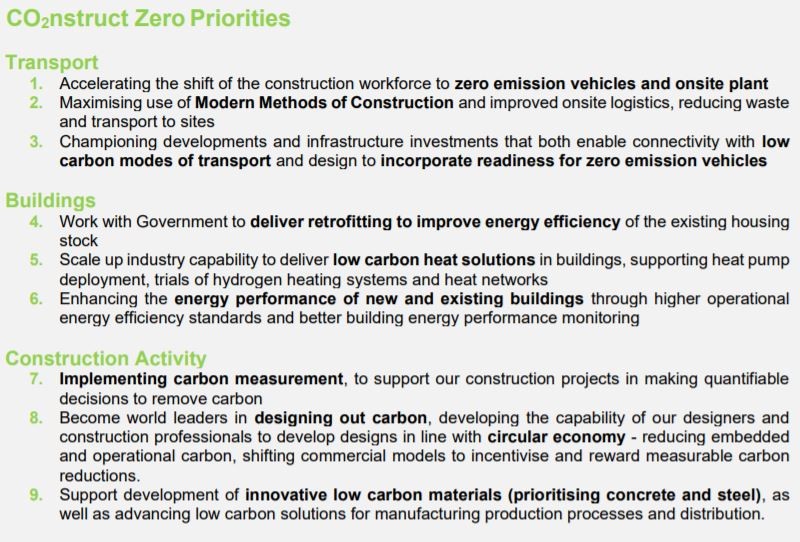
ECA has already successfully nominated three Net Zero Business Champions since the CLC initiative was launched earlier this year: Imtech, SES Engineering Services, and EFT Consult. You can read their stories in the case studies linked below:
.jpg?width=970&height=90&ext=.jpg)








